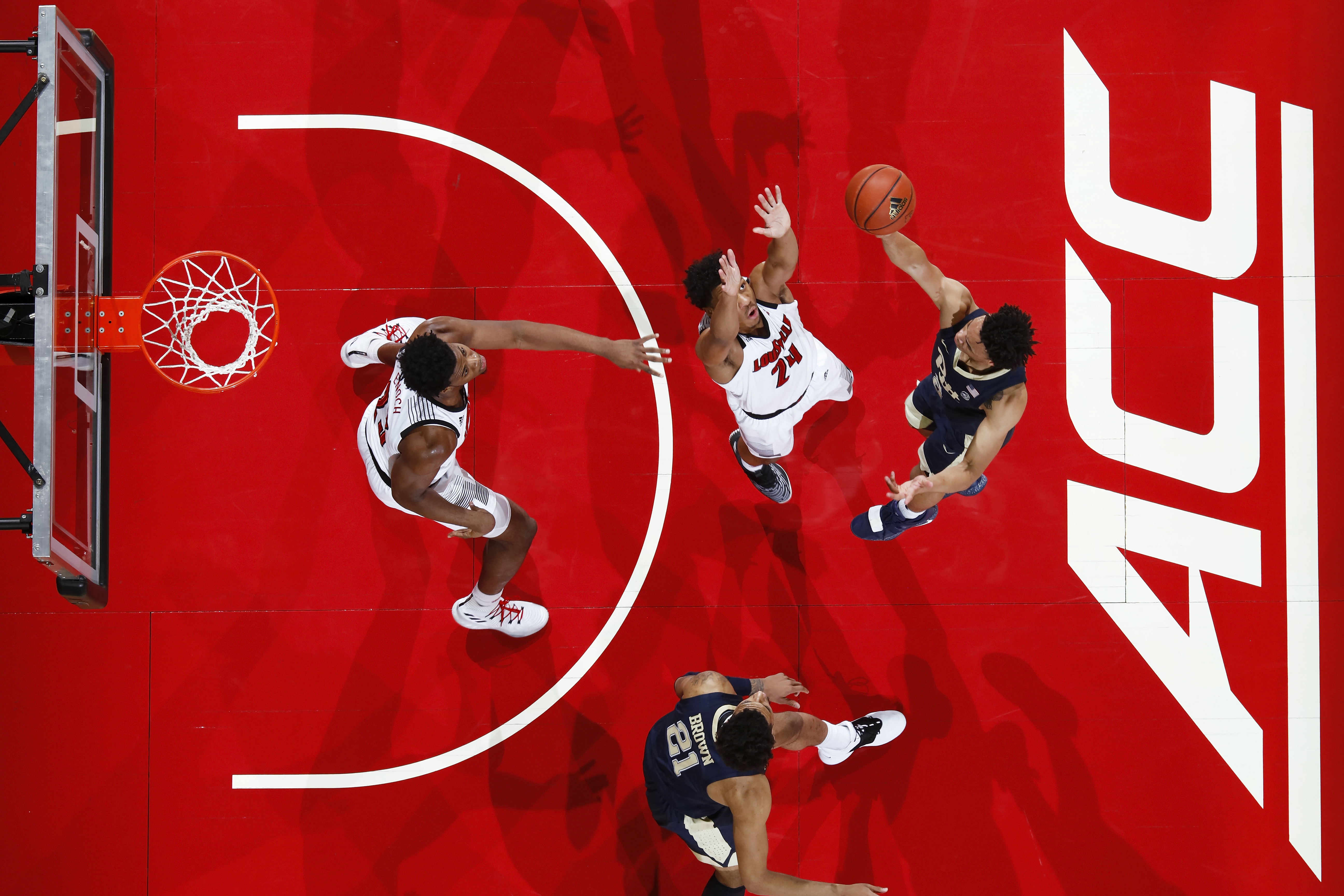
March is rapidly approaching and that means college basketball is attracting increased attention. One such uptick in consciousness comes from the angle of sports betting and, while it is possible to wager on regular season action in the sport, the NCAA Tournament is an annual bonanza for those interested in point spreads, over/unders and more.
With that as the backdrop, the NCAA’s David Worlock released a now-controversial statement to ESPN on Thursday, seemingly in conjunction with a few intriguing results in the recent past. “During the NCAA tournament,” Worlock indicated. “We will review all shots made at the buzzer, as necessary, in the interest of accuracy of score and team and player statistics and even if the outcome of the game isn’t riding on the officials’ call.”
This sentiment makes sense through the prism of gambling, as decisions are often determined based on action that ordinarily wouldn’t be of prominence to a casual consumer. In fact, a few recent examples of buzzer-beaters seemingly interpreted in incorrect fashion swung point spreads at the college level and, because of their close proximity to this statement, many jumped to point to the NCAA making this alteration about gambling … without actually acknowledging gambling.
In response, the NCAA clarified with a “correction” shortly after. “To correct our previous comments,” the statement reads. “An NCAA membership ad hoc committee examining sports wagering will work with appropriate standing membership committees, specifically playing rules, to direct review of all NCAA policies that might be impacted by the new gambling environment in regular season and postseason play, including reviews of last-second shots. This action is in keeping with our commitment to maintaining the integrity of the games.”
David Purdum of ESPN provides a snippet of what the current NCAA rulebook says about the potential of replay use in a situation in which the outcome of the game would not be affected directly.
Here is the NCAA rule that applies to use of instant replay in situations like the recent buzzer-beaters (Creighton-Nova, ISU-OU) that appeared to come after time expired and did not impact the outcome of the games: pic.twitter.com/hQxwD7GkTS
— David Payne Purdum (@DavidPurdum) February 7, 2019
It will be interesting to see how this correction from the NCAA is interpreted moving forward, however, as they have already publicly declared to review plays such as this on the biggest stage. However, regular season games are managed at the conference level and, in many situations, it would be difficult, or even potentially impractical, for each game to be monitored at the level on display for an NCAA Tournament game.
In the end, the NCAA certainly moved quickly to address the elephant in the room and the notion that new reviews would be triggered in the “interest of accuracy of score and team and player statistics” rung hollow for many. The final policy change will be of great note but, as March Madness nears, those interested in the handicapping side of the sport can take comfort in the “right side” prevailing even if it doesn’t affect the overall win-loss outcome.






